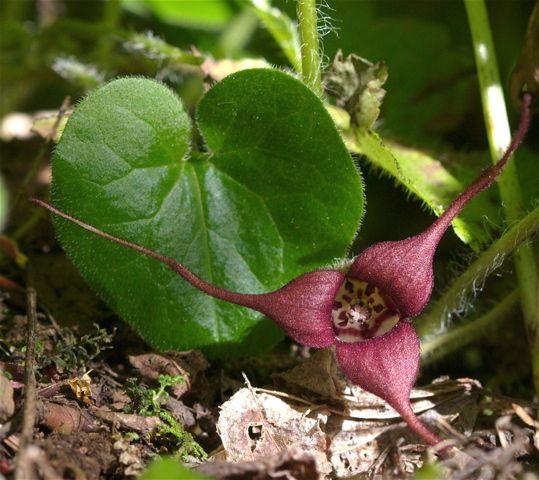
3 minute read
Going Forward Better. Together
June 20, 2020
Over the past few months, HeartLands Conservancy’s plans for most of the year have been tossed in the compost bin.
Advertisement
It would be easy to hunker down and say, “wait until things get back to normal,” but in conservation, normal wasn’t working great anyway. “Normal” was wrong.
Here’s why I say that:
• Half the world’s wildlife has been lost in the last 50 years. A football field-size area of natural habitat is destroyed every 30 seconds in the US.
• Farmland, the land that feeds our communities, is developed at a rate of one acre per hour in our region.
• People of color in low-income communities have been exposed to more pollution and have less access to open space than the rest of our region. These inequities leave low-income communities and
people of color more vulnerable to pandemics, health issues, flooding, and climate change. COVID-19 has only exacerbated these inequities.
Racism has undeniably been a significant factor in environmental inequity. A lack of diverse voices in the environmental movement has led to unequal results, with people of color bearing the largest burden of pollution, environmental degradation, and injustice.
I recently listened to a panel during Black Birders Week, which showed that people of color have been excluded in the majority of naturerelated stories and images. This has created a false perception that Black people aren’t interested or engaged with nature. The panelists shared stories of hiking, birding, and exploring in nature, and loving it. But they also shared being met with hostility, questioning, or unwelcomeness in many cases.
As a white person, I have not had these same experiences in the outdoors. I don’t fear that someone will call the police on me for watching birds in a public preserve. It is unacceptable that anyone would be made to feel unwelcome while enjoying or studying, or just being in nature because of the color of their skin.
At HeartLands Conservancy, we value equity; but to be honest, we, too, have unintentionally played a part in systemic racism. We are proud of the diverse voices involved in our organization, which include farmers, LGBTQ+, political parties, faiths, etc. Yet still, all our staff are white, and the board of directors is primarily white. Our region’s population is so much more diverse and culturally rich. Our organization has quietly and slowly worked on equity and anti-racism goals; however, it is not enough, and we have been too quiet. So, as we move forward, we are not going back to “normal”.
We are committed to going forward better, and here is what we commit to:
• We commit to combating policies that infringe on environmental equity and justice.
• We commit to elevating diverse voices in conservation through our communication channels and programs.
• We uphold that Black lives matter, and we stand for their rights to clean air, water, and land, as well as the right to feel safe and welcome while recreating and participating in the environment.
• We commit to actively partnering, collaborating, and supporting more people of color-led businesses, farms, and organizations.
• We will continue to examine our organization’s own internalized racism and complicity.
• We will actively promote a culture of anti-racism, anti-sexism, and anti-bias, and implement hiring and board recruitment practices that further minimize bias and reach a broader diversity of applicants.
This is not an either/or; it is a BOTH/AND.
Our mission to conserve, connect, and restore natural and cultural resources for the people of our region will continue with renewed emphasis on equity, making sure that the people who have historically been left out of, or disregarded by, conservation have a strong part and voice from now on.
We must do better going forward. TOGETHER.
I hope EVERYONE will join us toward a better future.

Mary Vandevord President & CEO



